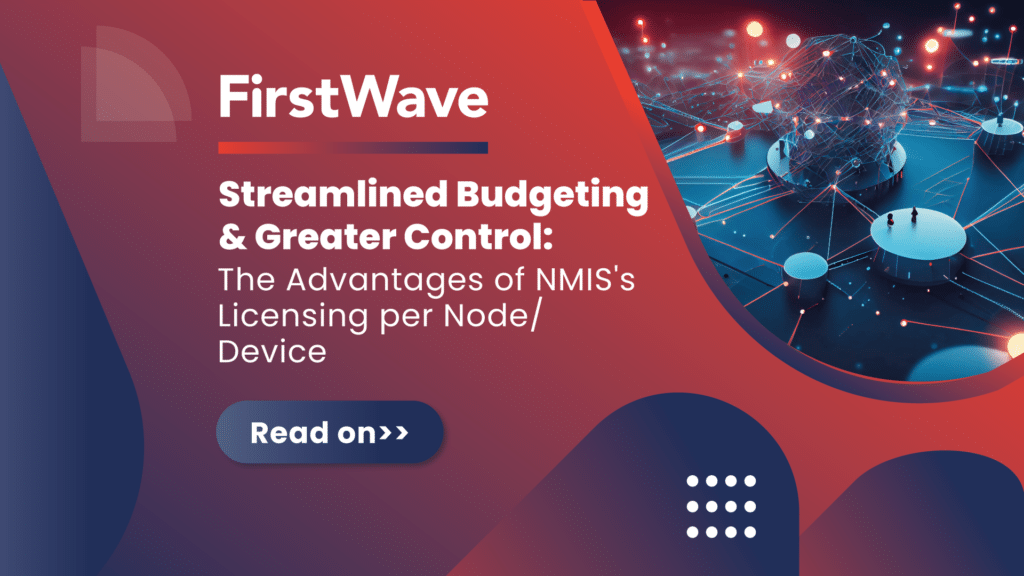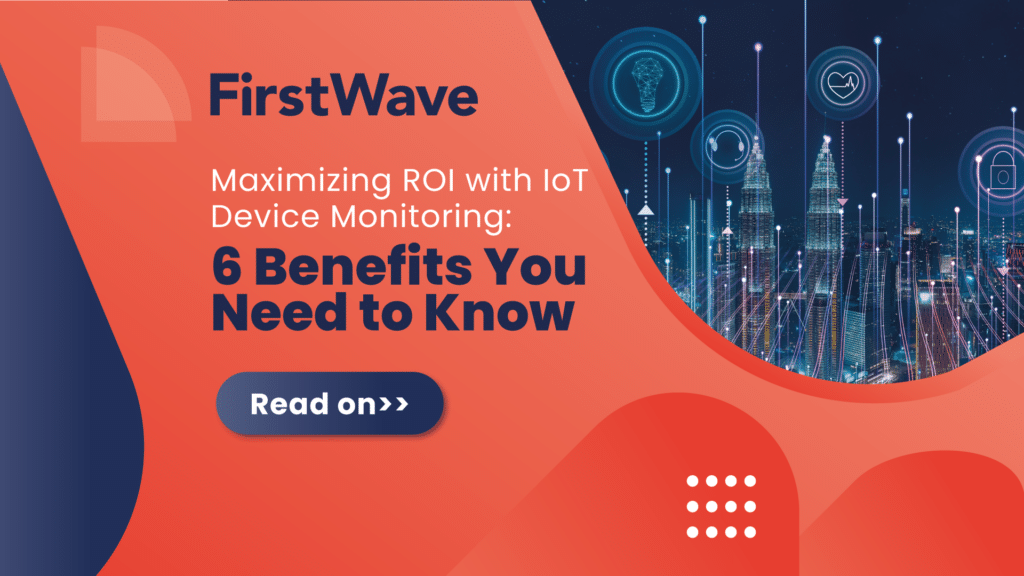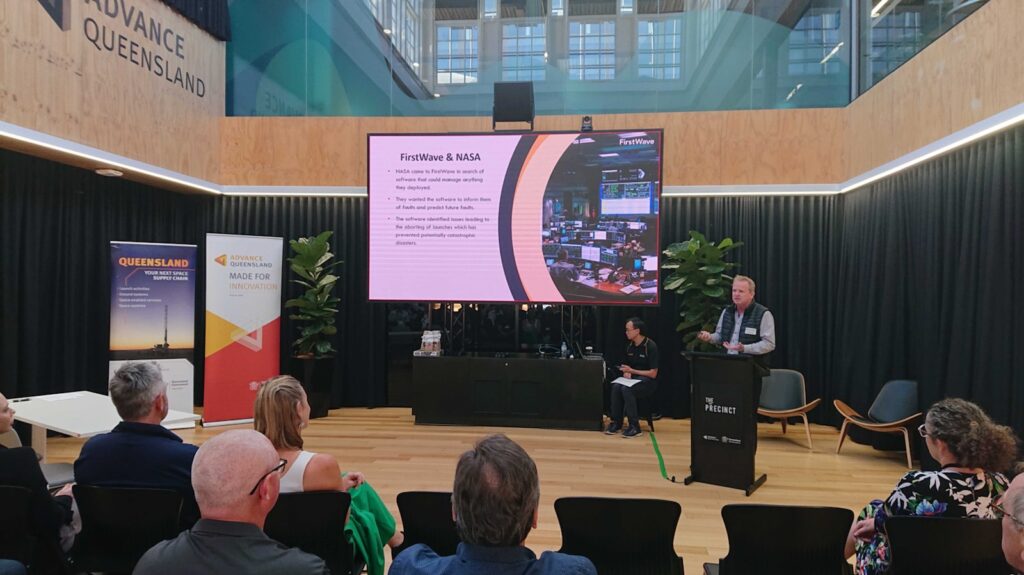The Internet of Things (IoT) has become a cornerstone of business operations. Organizations across industries are deploying a multitude of IoT devices to gather data, optimize processes, and improve efficiency. However, managing and monitoring these devices in real-time is crucial to maximize return on investment (ROI) and unlock the full potential of remote IoT device monitoring deployments. In this article, we will explore how real-time IoT device monitoring can help organizations achieve higher ROI by improving operational efficiency, reducing downtime, and enabling data-driven decision-making.
The Importance of Real-Time IoT Device Monitoring
Real-time IoT device monitoring provides organizations with a comprehensive view of their device ecosystem. By continuously tracking and analyzing device performance metrics, organizations gain valuable insights into device health, usage patterns, and potential issues. This real-time visibility allows for proactive management, minimizing downtime and maximizing productivity.
Enhancing Operational Efficiency
IoT device monitoring enables organizations to optimize their operations by identifying bottlenecks, inefficiencies, and areas for improvement. With real-time insights, organizations can make data-driven decisions to streamline processes, allocate resources effectively, and improve overall operational efficiency. This leads to cost savings, improved productivity, and enhanced customer satisfaction.
Reducing Downtime and Enhancing Reliability
Unplanned device failures and system outages can result in significant financial losses and reputational damage. Real-time IoT device monitoring provides early detection of potential issues, allowing organizations to take proactive measures before they escalate into critical problems. By implementing predictive maintenance strategies based on real-time monitoring data, organizations can minimize downtime, reduce repair costs, and ensure the continuous operation of their IoT ecosystem.
Empowering Data-Driven Decision-Making
IoT devices generate vast amounts of data that hold valuable insights for businesses. Real-time device monitoring provides organizations with immediate access to accurate and up-to-date data. By leveraging this data, organizations can gain actionable insights into device performance, usage patterns, and customer behavior. These insights enable informed decision-making, product optimization, and the development of new revenue streams.
Strengthening Security and Compliance
Real-time IoT device monitoring plays a vital role in maintaining the security and compliance of IoT deployments. It allows organizations to identify and respond to security threats promptly, ensuring the integrity and confidentiality of data transmitted by IoT devices. Additionally, real-time monitoring helps organizations meet regulatory requirements and industry standards, safeguarding sensitive information and protecting against potential cyber threats.
Choosing the Right IoT Device Monitoring Solution
To maximize ROI with real-time IoT device monitoring, organizations need a robust and scalable monitoring solution tailored to their specific needs. Look for a solution that offers comprehensive device visibility, real-time alerts, customizable dashboards, and advanced analytics capabilities. A user-friendly interface and seamless integration with existing IoT infrastructure are also essential factors to consider.
Real-time IoT device monitoring is a game-changer for organizations seeking to maximize ROI from their IoT deployments. By enhancing operational efficiency, reducing downtime, empowering data-driven decision-making, and strengthening security and compliance, real-time monitoring enables organizations to unlock the full potential of their IoT ecosystem. Investing in a reliable and scalable IoT device monitoring solution is a crucial step towards achieving higher ROI, improving customer satisfaction, and gaining a competitive edge in today’s digital landscape.
Determining the return on investment (ROI) for Real-Time IoT Device Monitoring involves a systematic approach that considers various factors and metrics. Here are the steps an enterprise should follow to assess the ROI for Real-Time IoT Device Monitoring:
- Define Goals and Objectives:
Begin by clearly defining the goals and objectives you aim to achieve through Real-Time IoT Device Monitoring. Identify the specific areas you want to improve, such as operational efficiency, downtime reduction, data-driven decision-making, and security enhancement. These goals will serve as the basis for measuring ROI.
- Identify Key Performance Indicators (KPIs):
Determine the key metrics and performance indicators that align with your goals. For each objective, establish measurable KPIs that will allow you to track the impact of Real-Time IoT Device Monitoring. Examples of relevant KPIs include reduced downtime percentage, increased operational efficiency, improved response time to incidents, enhanced data accuracy, and reduced security breaches.
- Establish Baseline Metrics:
Before implementing Real-Time IoT Device Monitoring, establish baseline metrics for the identified KPIs. Measure and document the current performance levels in each area you want to improve. This will provide a benchmark for comparison once the monitoring solution is implemented.
- Calculate Costs:
Evaluate the costs associated with implementing Real-Time IoT Device Monitoring. Consider both direct and indirect costs, such as hardware and software expenses, installation and maintenance costs, training, and ongoing support. Additionally, consider any potential savings from eliminating or reducing manual monitoring processes.
- Quantify Benefits:
Estimate the potential benefits that Real-Time IoT Device Monitoring can bring to your organization. Consider the specific advantages outlined in the question, such as enhanced operational efficiency, reduced downtime, improved decision-making, and strengthened security and compliance. Try to quantify these benefits in monetary terms whenever possible.
- Calculate ROI:
To calculate the ROI, compare the quantified benefits against the costs. The formula for ROI is: ROI = (Net Benefits / Costs) x 100. Net benefits refer to the total benefits minus the total costs. The result will be a percentage that represents the return on investment.
- Consider Intangible Benefits:
Real-Time IoT Device Monitoring can provide intangible benefits that are challenging to quantify but still valuable. These may include increased customer satisfaction, improved brand reputation, better compliance with regulations, and more. While these benefits are difficult to measure in monetary terms, it’s essential to acknowledge their potential impact on overall ROI.
- Conduct a Pilot or Proof of Concept:
Consider running a pilot or proof of concept (POC) before fully implementing Real-Time IoT Device Monitoring. This allows you to test the solution on a smaller scale, evaluate its performance, and gather data to validate the projected benefits and ROI. The results from the pilot can be used to refine your ROI calculations and make more accurate projections for the full implementation.
- Regularly Measure and Monitor:
Once Real-Time IoT Device Monitoring is in place, continuously monitor and measure the established KPIs. Regularly assess the actual performance against the baseline metrics to track progress and evaluate the achieved ROI. This ongoing monitoring enables you to identify areas for further improvement and optimize the utilization of the monitoring solution.
By following these steps, an enterprise can effectively determine the return on investment for Real-Time IoT Device Monitoring and make informed decisions regarding its implementation.
If you’d like to learn more about maximising ROI with IoT device monitoring, improving operational efficiencies, or how FirstWave is helping over 150,000 organizations globally with data-driven decision making, speak with one of our experts for an obligation-free consultation.





